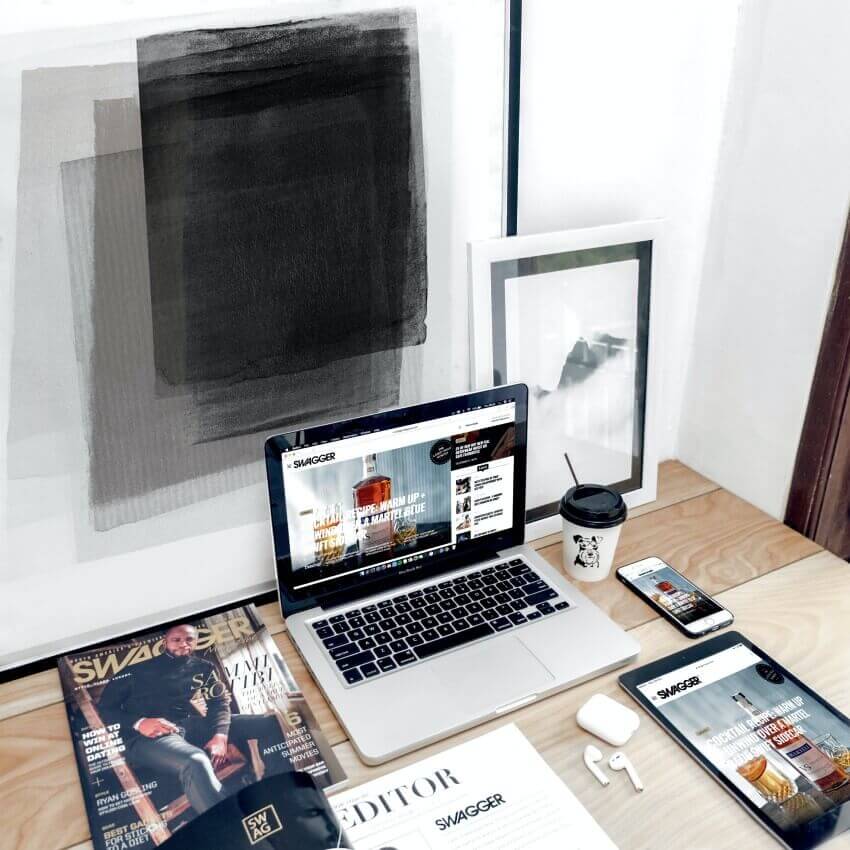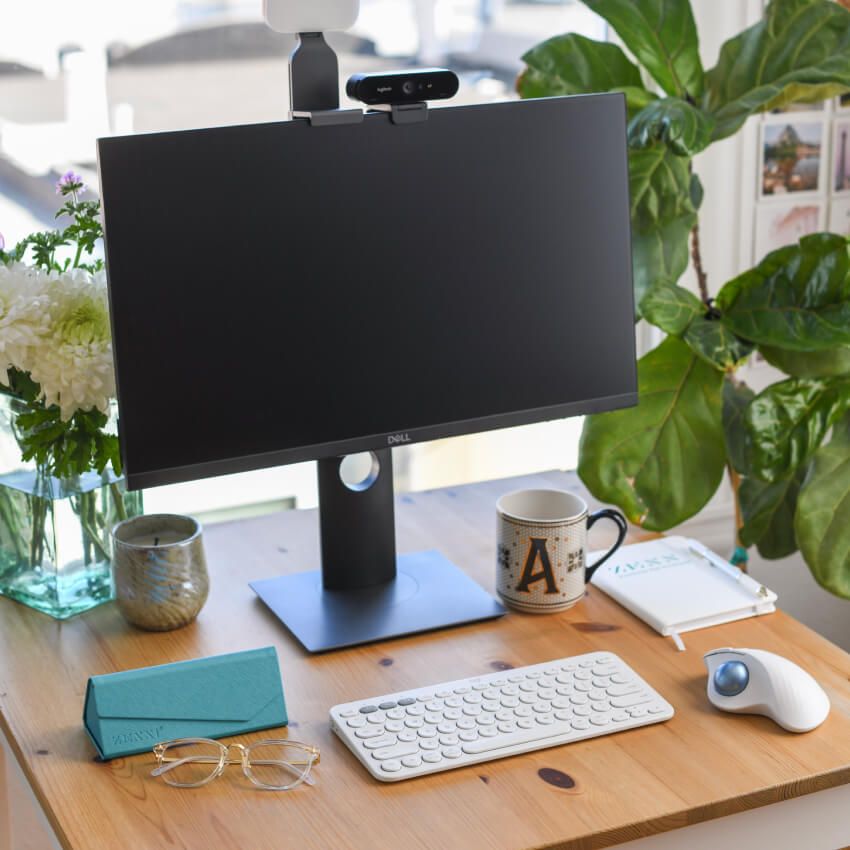Unveiling Blue Light: Understanding Its Sources and Impact

In the midst of our digital age, the term ‘blue light’ has become increasingly familiar. However, what exactly is blue light? Why should we be aware of it? We will delve into the essence of blue light, its sources, and the reason for its current prominence in conversations about visual health.
Decoding Blue Light
Blue light is a type of light within the visible light spectrum that human eyes can perceive. Its short wavelength and high energy are what give it its blue appearance. The blue light spectrum is generally classified into two broad categories: natural and artificial.
Natural Blue Light
Our primary source of blue light is indeed the sun. When outside on a sunny day, you’re receiving a significant dose of blue light. On the positive side, exposure to natural blue light during daytime hours can help regulate our body’s sleep and wake cycle, or circadian rhythm. It can also boost your mood, alertness, and overall sense of well-being. So don’t shy away from soaking up that morning sunshine with a pair of sunglasses.
Artificial Blue Light
Artificial sources are the ones that have attracted attention in recent years. These include digital screens (like those on computers, smartphones, and televisions) and certain types of indoor lighting. When we use these devices, especially at night or for long periods, we are exposing our eyes to additional blue light. This can disrupt our sleep patterns, contribute to digital eye strain, and expose our eyes to potentially harmful effects over the long term.
Protection from Blue Light
Luckily, there are various ways we can protect our eyes from overexposure to blue light:
Limit Screen Time: Reducing the amount of time spent in front of screens is the most straightforward way of limiting blue light exposure.
Use Blue Light Blocking Glasses: Zenni’s Blokz blue light blocking glasses have special lenses that block high energy visible blue light.
Screen Filters: These can be placed over a computer screen, or you can activate the night mode settings on your digital devices to block some blue light. If you’re looking for a pair of blue light blocking glasses specifically designed for nighttime use, try out Blokz Plus to activate night mode on your personal glasses.
Remember, it’s not about eliminating blue light entirely but rather about thoughtful management. Blue light in its natural form has benefits, so it’s about balance and not overexposure. With a little awareness and a few changes, you can easily maintain your eye health.
About the Author: Dr. Sophia Moh, OD, ABOC
Dr. Sophia Moh, OD is an optometrist located in Bay Area, California. She completed her undergraduate studies at UC San Diego and earned her doctorate at UC Berkeley School of Optometry. She has experience in a variety of eye care settings including primary care optometry, general ophthalmology, community health clinic, and Veterans Affairs. Her mission is to help the world see better by developing high-quality, affordable eyewear for everyone. She is also a certified American Board Optician (ABO) and provides training and lectures on optical education topics.




